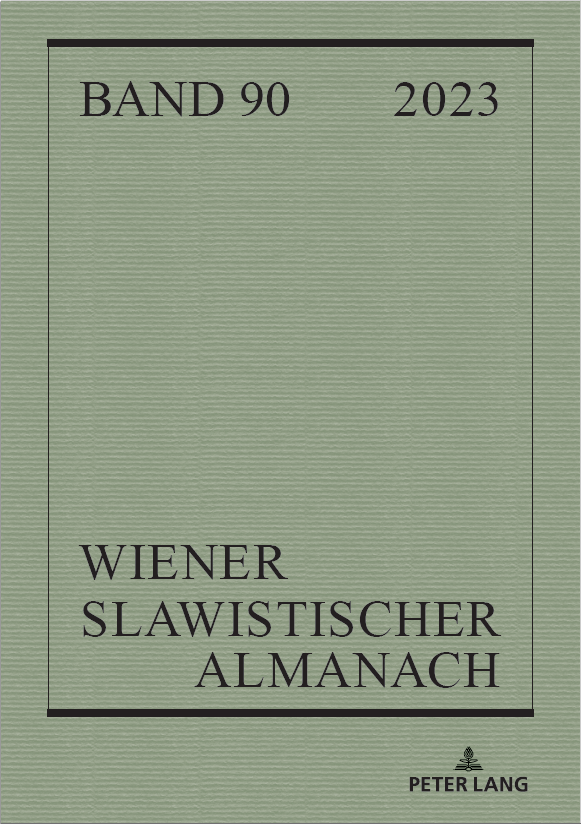Kitsch und Kulturkampf. Die US-amerikanische Rechte und die ostmitteleuropäische Dissidenz der 1970er und 80er Jahre
Veröffentlicht am 28.02.2024
Schlagwörter
- Retrotopia,
- kitsch,
- USA,
- religious conservatism,
- East- and Central European dissent
Abstract
It has been widely discussed that American conservatives foster a specific fondness for illiberal Central and Eastern European leaders such as Viktor Orban and Vladimir Putin, as well as for political parties such as the Polish PiS, e. g. in terms of Holmes/Krastev’s notion of “reverse imitation”. Far less well known, however, is the fact that this infatuation is not limited to current policies and rhetoric but also grasps the region’s twentieth century history of civil and religious opposition. At first glance, this appears to be a thorough discussion of dissident texts, concepts, and ideas. However, by exposing the rhetorical and aesthetical strategies applied within these readings and recontextualizations, the paper reveals this as yet another means to construct pseudo-historical analogies between twentieth century state socialism and the alleged “woke tyranny” of early twentieth century mainstream American culture.

